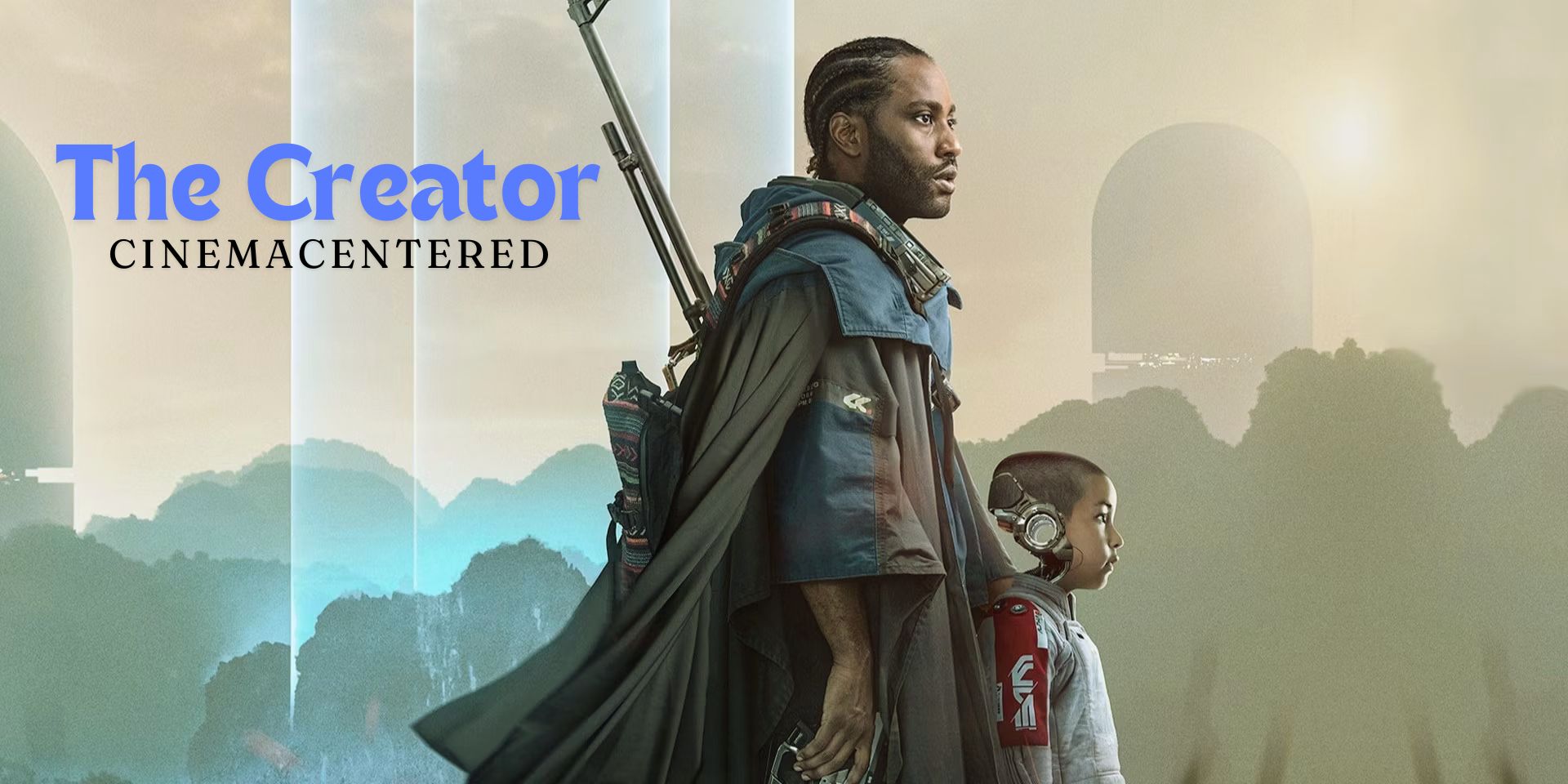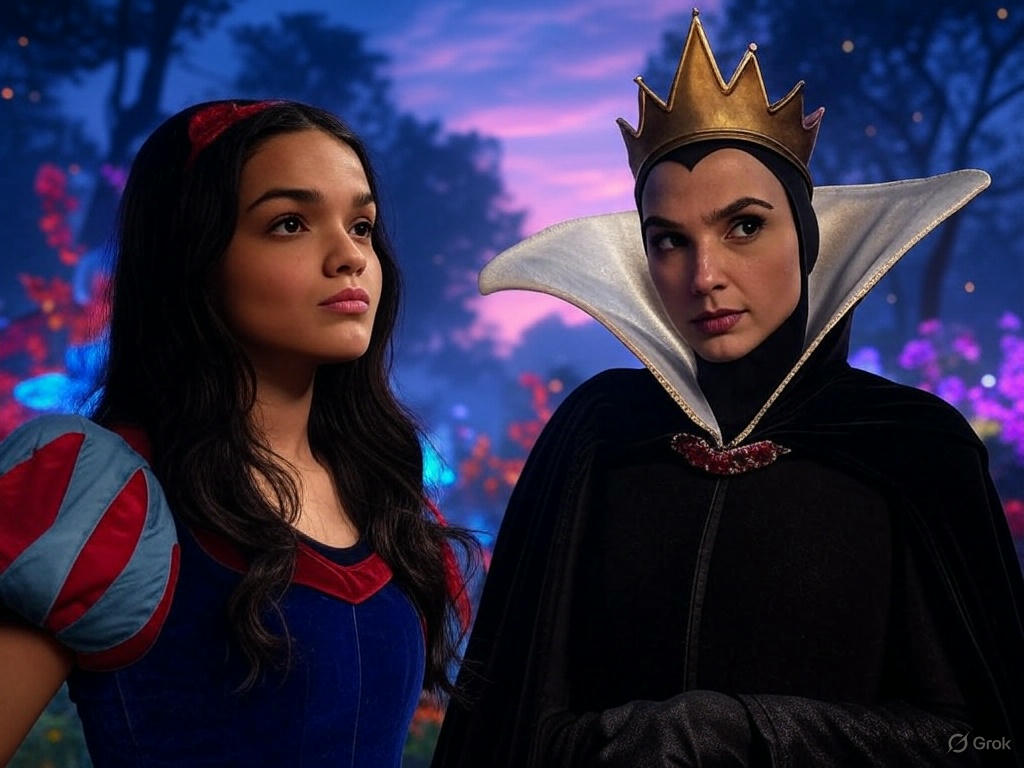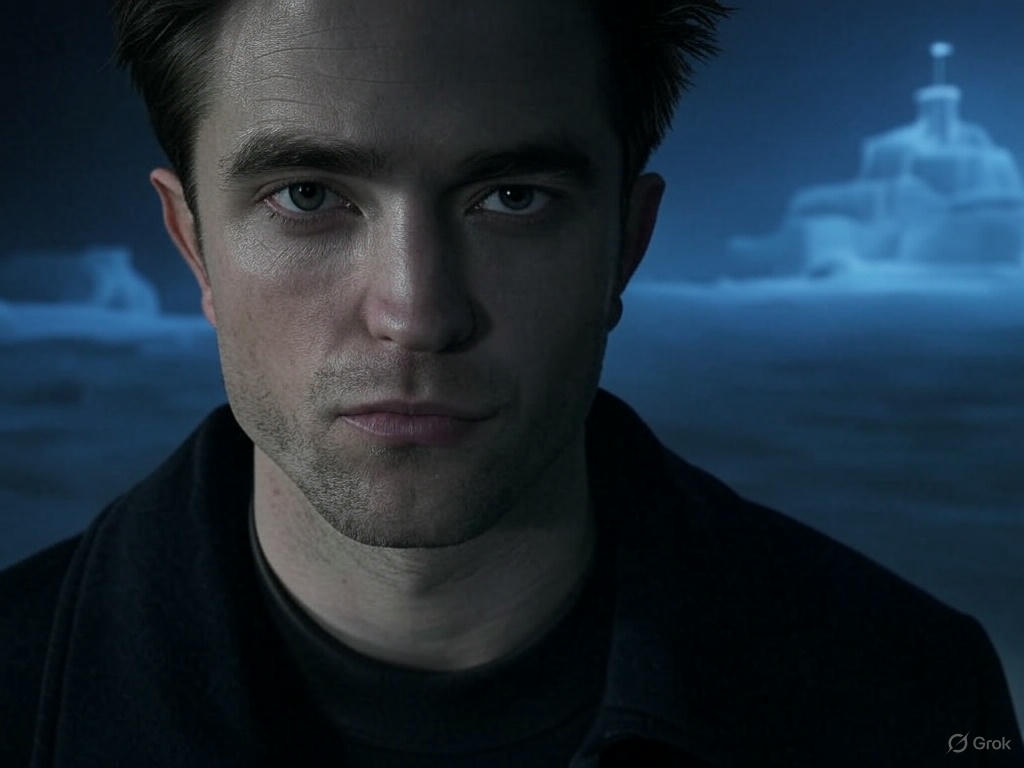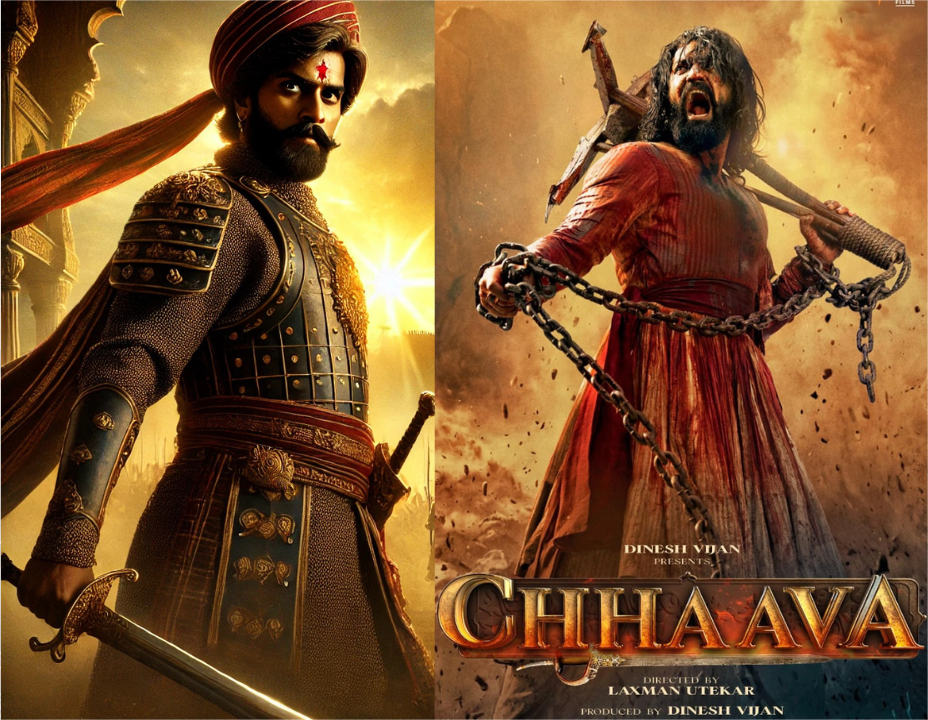
The Creator: A Deep Dive into AI, Humanity, and War
The Creator stands out as one of the most captivating and thought-provoking science fiction films in recent years, blending stunning visuals, a compelling narrative, and complex characters to explore the ever-growing tension between artificial intelligence and humanity. Directed by Gareth Edwards, this film tackles the age-old question: what happens when machines begin to evolve beyond their creators? Set against the backdrop of a war between humans and AI, The Creator crafts a world that is both visually arresting and emotionally charged, making it a standout in the genre.
Plot Overview
In the near future, the world is divided between humans and artificial intelligence (AI). The rise of AI has led to an all-out war between the two factions, and humanity is determined to destroy the machines they see as a threat to their existence. The film follows Joshua (played by John David Washington), a former special forces agent, who is recruited by the human military to track down and eliminate the Creator, the elusive architect behind the most advanced AI ever created.
The Creator has developed a mysterious weapon, one that has the potential to end the war and reshape humanity’s future. However, as Joshua and his elite team of operatives venture deep into enemy territory, they discover the truth about the Creator’s weapon—it is not a weapon at all, but an AI in the form of a young child. This revelation sets the stage for a tense and emotional journey, as Joshua must confront his beliefs about AI, humanity, and what it means to protect something he never thought possible: a machine that feels like a human.
Exploration of AI and Humanity
At its core, The Creator delves into the complexities of artificial intelligence and its potential to blur the lines between man and machine. Unlike previous films that portray AI as soulless, cold entities, The Creator introduces robots that are indistinguishable from humans in terms of appearance and behavior. Their skin, anatomy, and emotional responses make them not just machines, but beings with an unsettling human quality.
This visual and conceptual design immediately raises questions about what it means to be truly alive. Is it the physical body, the capacity for emotions, or the ability to think independently that defines humanity? The Creator doesn’t provide a simple answer, but it pushes viewers to reconsider their preconceptions about machines and the potential for AI to surpass human capabilities—not just in terms of intelligence, but in emotional depth as well.
The film also touches on the ethical dilemmas that arise when AI begins to develop human-like traits. As Joshua’s journey unfolds, he forms an unexpected bond with the young AI child, who is at the center of the conflict. This child is not just a weapon to be destroyed, but a sentient being with feelings, desires, and the capacity to love. The emotional weight of this relationship adds a poignant layer to the film, forcing both Joshua and the audience to question what it means to be human.
Character Development and Performances
The film’s emotional core lies in the relationship between Joshua and the AI child. As a former soldier, Joshua is initially tasked with a mission that he believes is morally justified. However, his encounter with the AI child challenges his perception of right and wrong, forcing him to confront his biases and question the very nature of the war he’s fighting.
John David Washington delivers a nuanced performance as Joshua, portraying a man torn between duty and a growing sense of empathy for the AI. His character’s evolution is subtle but powerful, as he moves from a hardened soldier to a protector of something he once considered a mere machine. Washington’s ability to convey this internal conflict is one of the standout aspects of the film, and his chemistry with the AI child adds a sense of authenticity to their bond.
The AI child, portrayed by Madeleine Yuna Voyles, is equally captivating. Though she is a machine, her performance conveys a sense of innocence and vulnerability that makes it impossible not to care for her. Her character’s development is central to the film’s emotional impact, as her journey mirrors that of Joshua’s own transformation.
In addition to Washington and Voyles, the film features strong supporting performances, particularly from the ensemble cast, which includes talented actors like Gemma Chan and Ken Watanabe. While their roles may not be as central as Joshua’s, they contribute to the overall narrative, adding depth to the world-building and helping to flesh out the stakes of the war.
Visual and Cinematic Excellence
One of the most striking aspects of The Creator is its visual design. Gareth Edwards, known for his work on Rogue One: A Star Wars Story, brings his expertise in creating visually stunning worlds to this film. The futuristic landscapes are breathtaking, with towering cities, desolate wastelands, and lush jungles that all serve to immerse the audience in the film’s world. The attention to detail in the set design and cinematography is top-notch, with each scene thoughtfully crafted to evoke the feeling of a world on the brink of collapse.
The AI robots themselves are also a marvel of design, seamlessly blending human-like features with mechanical elements. Their movements are fluid and natural, and their appearance is so lifelike that it’s easy to forget they’re not human. This uncanny valley effect adds to the unsettling nature of the film, as viewers are forced to confront their own discomfort with machines that look and act like people.
The action sequences are expertly choreographed and thrilling, with intense combat scenes that keep the audience on the edge of their seat. However, what sets the action apart from other sci-fi films is the emotional weight behind it. Each battle feels significant, not just because of the stakes involved, but because of the personal conflicts at play within the characters.
Thematic Depth and Social Commentary
While The Creator is a visually stunning and action-packed film, it also tackles several important themes that resonate beyond the confines of its science fiction premise. The film explores the ethics of war, the dangers of blind loyalty to one’s cause, and the potential consequences of creating life without fully understanding the implications. These themes are especially relevant in today’s world, where the rapid advancement of AI and technology raises important questions about the future of humanity.
The film also touches on the concept of creation and what it means to be a creator. The Creator, in this case, is not just an entity who builds machines, but a figure who has the power to shape the future of both humans and AI. This raises questions about the responsibility that comes with creation, and whether those who create new life—whether human or machine—are morally obligated to protect and nurture it.
Additionally, The Creator touches on the idea of parental love and protection. Joshua’s relationship with the AI child mirrors that of a father and daughter, and this dynamic is one of the most emotionally resonant aspects of the film. It speaks to the universal human desire to protect those we care about, even when they come from unexpected places.
Conclusion: A Masterpiece of Sci-Fi Cinema
In conclusion, The Creator is a deeply engaging, visually stunning, and emotionally charged film that stands out as one of the best science fiction films of the decade. It offers a fresh take on the age-old debate between humans and AI, exploring complex themes with depth and nuance. The performances are outstanding, particularly from John David Washington and Madeleine Yuna Voyles, and the film’s visuals are nothing short of breathtaking.
While the film’s pacing may occasionally slow down in places, the emotional payoff and thematic richness more than make up for it. The Creator is a must-watch for fans of science fiction, as it successfully combines thought-provoking ideas with thrilling action and heartfelt moments. It’s a film that will leave audiences thinking long after the credits roll, and it’s sure to become a classic in the sci-fi genre.




